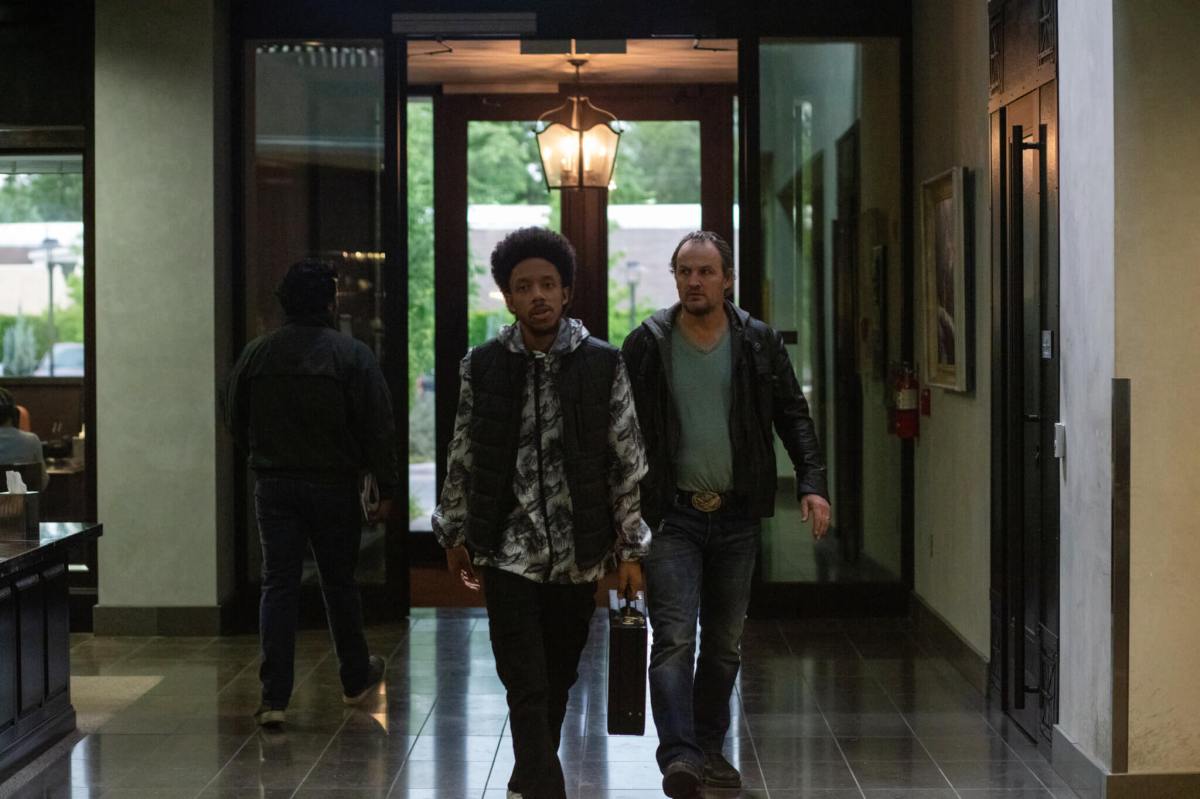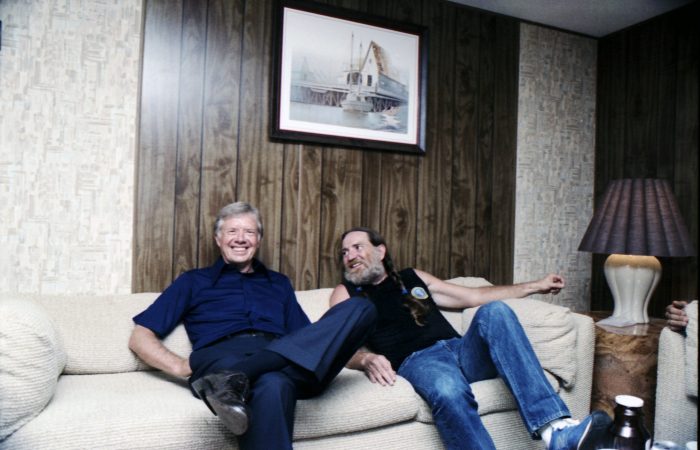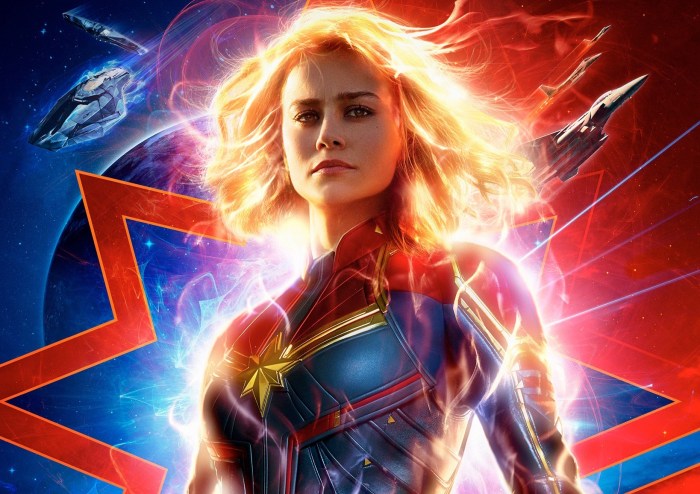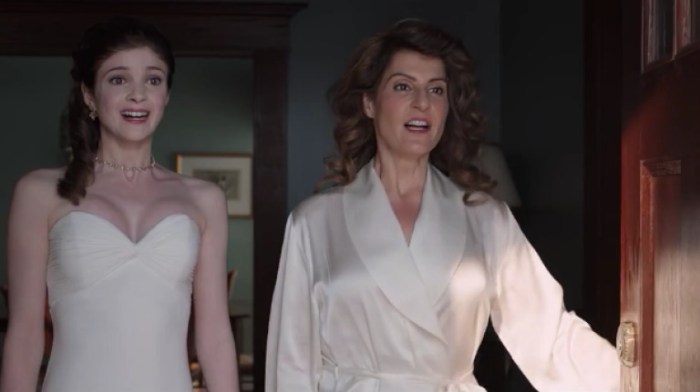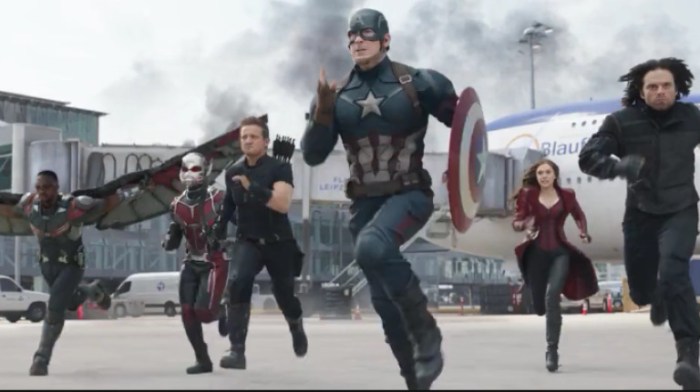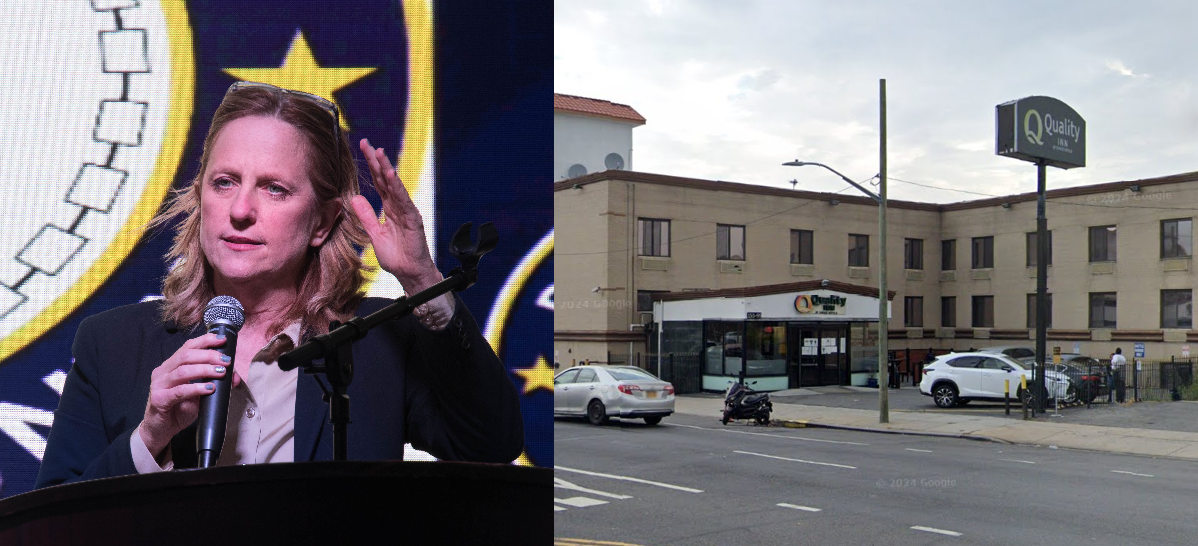By Molly Given
Life is sometimes stranger than fiction, and sometimes even more unbelievable.
Take “Silk Road,” the latest feature film from writer/director Tiller Russel, who also wears a few other caps as a journalist and documentarian investigating the underbelly of the crime world through documentaries as well as through scripted movies. But the instinctive nature to tell the truth for Russell is always there.
The film is based on true events and real characters as written in the Rolling Stone article “Dead End on Silk Road: Internet Crime Kingpin Ross Ulbricht’s Big Fall” by David Kushner, and follows the story of Ross William Ulbricht. The young computer scientist was the mind behind the infamous darknet market website, Silk Road, which has become known as the biggest marketplace for illegal goods that the world has ever seen. Without giving too much away in this wild ride of a story, audiences are in for a lot of shock, especially when you get the full narrative.
That’s also what drew actor Darrell Britt-Gibson in when approached with the film. He plays Rayford, a reserved and brilliant tech whiz who helps Jason Clarke’s DEA agent character out with his own baggage while he’s also hunting down the site’s actions. Britt-Gibson sat down with Metro to discuss more on what went into making “Silk Road.”
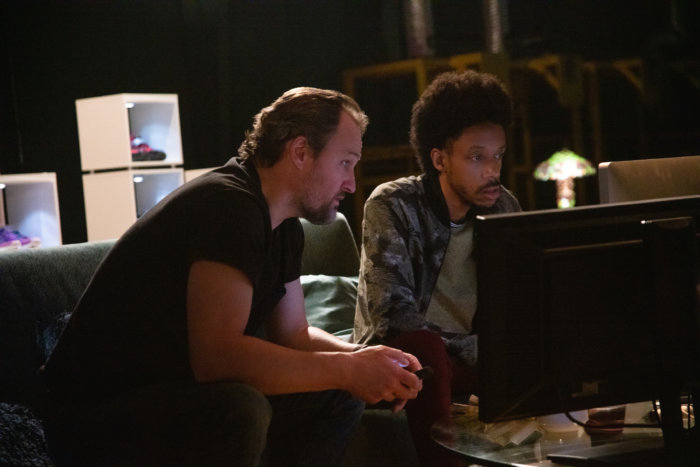
What was it about this role/project that intrigued you?
I had actually heard about this story. My brother is a screenwriter and he forwarded me the Rolling Stone article a while ago, he was saying this story is wild, it should be a movie, and even when I was reading it, I thought that it should be a movie at some point. So, when I got offered the role, I thought, ‘Oh my God—this is it, this is the movie.’ I was drawn to the story initially, then getting to sit down and speak with Tiller and see his vision and what he wanted to do with it and what he wanted me to do as well, it just made it easy for me to sign on because it’s such a fascinatingly wild story. Tiller cares so much about the subject matter and doing it justice, and that made it a very easy decision for me to attach myself to it.
What can you tell me about your character? Being a tech whiz, did you do any research on your own to get prepared?
Tiller, being the documentarian that he is, he lives in that world with the crime and everything. He’s friends with somebody who Rayford is slightly based on, and he hooked me up with him. So I got to speak to him a lot and pick his brain with the type of stuff that he did and the type of things he was involved in, which was a big help going into it. I was drawn to the idea of this character, I think of him as somebody who has done things [and] now in a way ostracized himself to the people in his life. He lives in this space where there’s this reluctancy to help Jason Clarke’s character, but there’s also this want and need and a human desire to have human connection. [For him,] it’s not that he particularly likes this person, but this is somebody [he has] a history with and a connection with, and human beings want connection…So I felt that there was a really nuanced, layered version of Rayford that was going to be really interesting to dive into as a character study. It really came together speaking to Tiller and then meeting Jason and figuring out how to draw out the human aspects of him and just find the layers of this person.
With Tiller being a journalist and documentarian, do you think that helps add another layer with being a writer/director and working on narratives that are based on true stories and real people?
I do, and I think that being a documentarian, there is so much research that you have to do to tell the story you’re trying to tell. He takes that same amount of what he does with his documentaries with his feature films. There’s just a tireless amount of research he’s done before even we as actors even speak to him on possibly embarking on this journey with him. His attention to detail, and the relationships he has subsequently allows us to have conversations with those people that he’s spoken to about with what we’re portraying in the film. It’s the attention to detail that he has carried over from documentaries to features, which is such a beautiful thing. It bleeds into the work and it really makes you feel more comfortable with what you’re about to do.
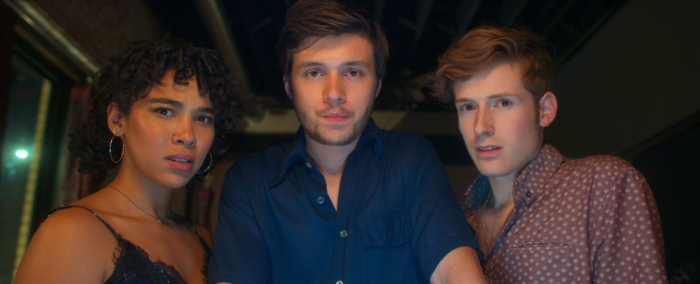
How was it working with Jason Clarke? You seemed to really have a great chemistry on screen.
He’s awesome, I really liked working with Jason. I feel like we are the most unlikely pairing, just on a surface level, but we had a natural rapport with each other and it happened quickly. Sometimes it takes time to build that momentum that you have onscreen, but with Jason, it happened quickly. It was us really just talking about life—not the script, or the movie, or industry in general, but just talking about life. Him sharing stories with me and me sharing stories with him and building this functioning relationship that turned into a friendship, it was a blessing.
Overall, what do you hope people take away from the film?
I’m hoping that people will research the story and go in depth about Ross and his background. The film is two hours, [but] somebody’s life is years and I hope this makes people want to investigate Ross’s real story and who he was. You do make a film for entertainment purposes, but this is real people and this is a real story and something that really happened and is happening because he’s still in prison. So, I hope it makes people want to get to know the person behind “Silk Road” and try to understand the complexities of human nature.
“Silk Road” is available to stream now digitally and On Demand and will be available on Blu-Ray and DVD Feb 23.



